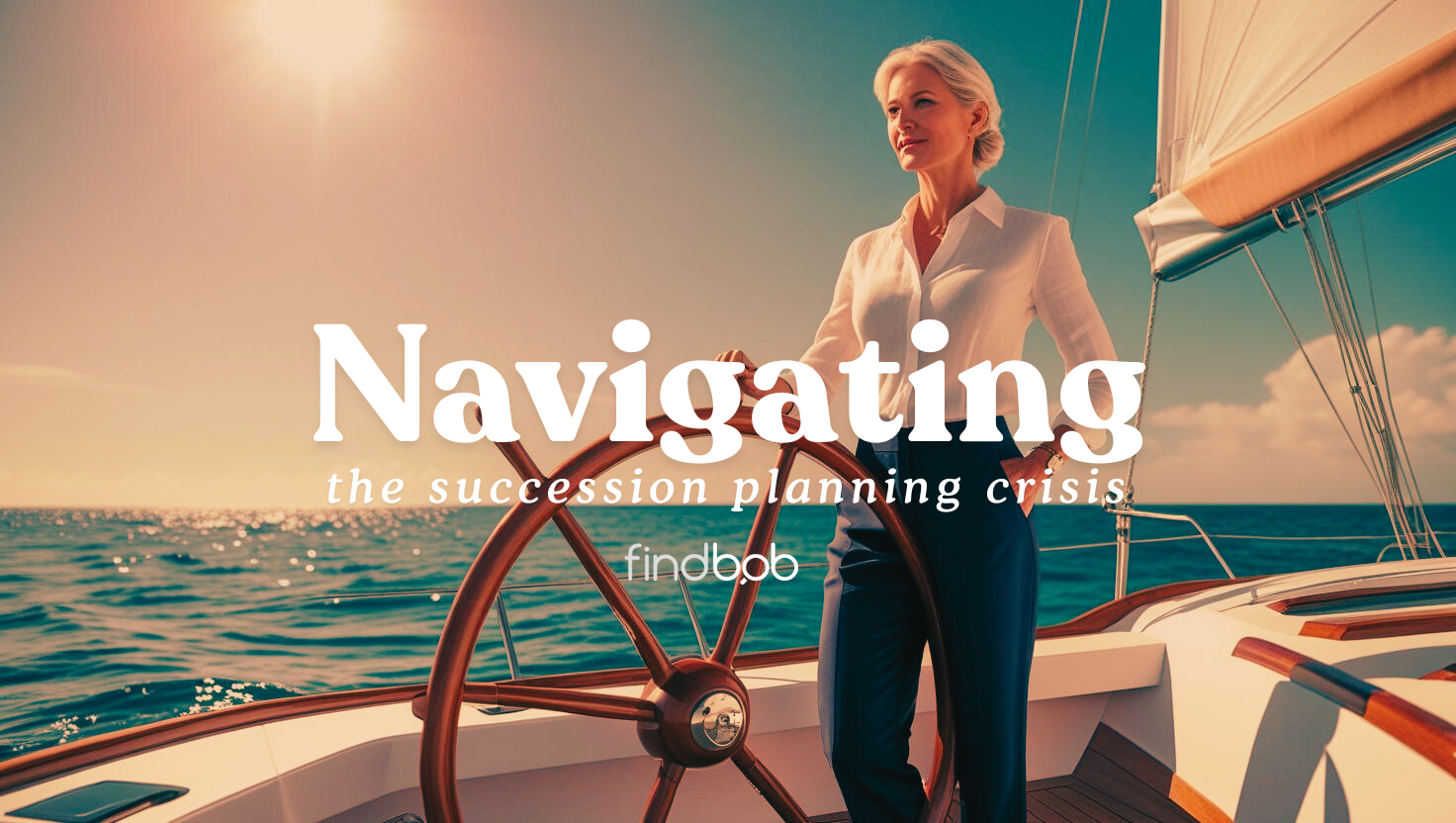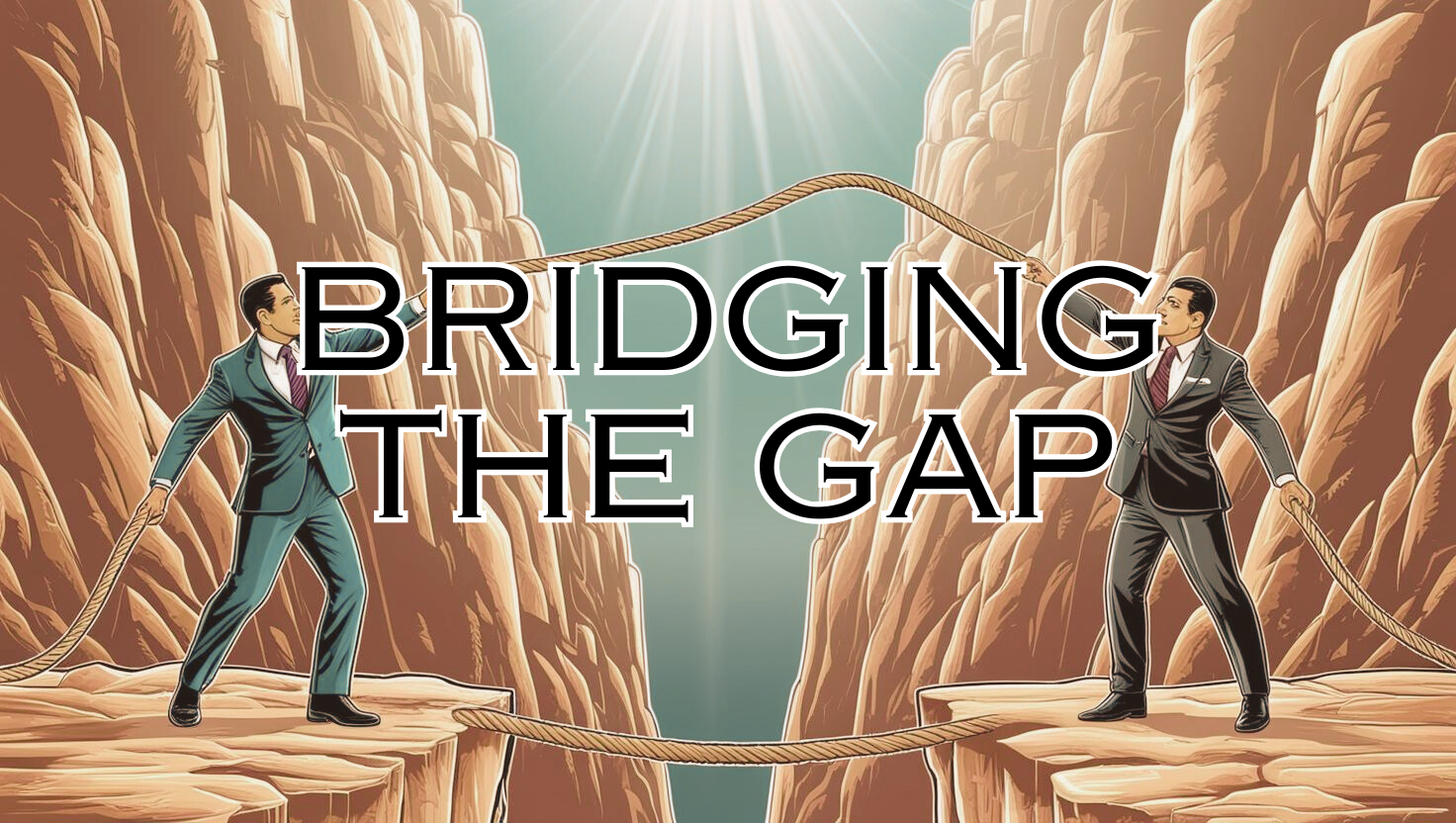Read time: approx. 8 min.
Succession in the workplace is an on-going concern. A loss of intellectual capital when team members leave or retire can hamstring a successful business - or at the very least stunt its momentum. In our first blog, we looked at how to attract Millennials as customers, now we need to look at how to attract them to the industry, grow them to keep them, and groom them for succession so we’re confident that not only have they been set up for success but that we’re handing the torch to someone we trust and who will continue on with our hard work.
The Current Situation
Within the next three years, the insurance industry is going to have to replace over 400,000 positions. There are notable cities with SMALLER populations than what the insurance industry is going to have to replace. We’re talking about cities like Cleveland, Honolulu, New Orleans, Tampa, and Newark, just to name a few. Imagine New Orleans having to be completely repopulated!
Now, these 400,000 positions aren’t purely advisor roles. The industry is vast with a need for roles that also include marketing, data science, sales, and customer service. And this is where the industry can stand out when attracting millennial talent - show them everything we have.
Competing with the Sexy
Like it or not, some jobs and industries suffer from poor PR. They just don’t have the same panache that other career paths seem to offer. Unfortunately, insurance is one of them. It’s hard to compete with jobs that up until 5 or 10 years ago, didn’t even exist (how do YouTubers make money?) but now offer a livable income, independence, growth, and well...freedom.
With such a big number of roles available in the very near future, where are you going to find the people who not only can do the job but want to do the job (because you can lead a horse to water…). Of course the answer is the Millennials. Remember, we’re talking about the second largest living generation since the Boomers. We just have to find the right millennials and show them that this industry isn’t stale or boring but an exciting opportunity for their future. In fact, the one arrow we have in our quiver that directly speaks to this generation is that we help people. This is the generation that deeply feels the moral duty to help others. We just have to show them how we do it.
Why We Want Them
As native users of technology, they will drive advancements. Tech advancements mean efficiency, profitability, and freedom.
Interestingly, the accessibility to technology means that millennials (in general) have a curiosity and need to understand why. With so much information at their beck and call, finding answers comes quickly and from a variety of sources.
We’ve all heard the criticism that Millennials are entitled. But what if we look at it this way - instead of entitled, they just understand their self-worth? Understanding your self-worth means confidence, leadership qualities, and respect.
According to a study cited in Forbes, 72% of Millennials want to be their own boss. But until they are their own bosses, they prefer someone who is a mentor. Long gone are the ideas that a “boss” dictates and doesn’t need to teach.
Sounds like someone we would want to hire, have on our team, and possibly groom upwards, right?.
Where to Find Them
This is where all their love of technology and social media comes in!
- Online job platforms
- LinkedIn is the premier site because it offers the social element along with posting capabilities, so make the most out of your own profile to connect with those just starting out.
- Other job sites are also a great way to post opportunities - this is the generation that is always on their phone, so the ability to apply and connect with you through the various apps will offer efficiency and a higher response rate to you posting.
- Social media
- This is where all the love of technology and social media comes in! Whether you do paid media (buying ads) to get in front of your target or engage them organically (non-paid) through you own postings and content creation, social media is a direct line to a tech-savvy and knowledgeable potential hire.
- Internship programs
- Internships offer on-the-job- training for those who need experience and gives everyone a “test drive” to see if there’s a fit.
- Paired with a campus recruitment plan, you not only have a steady supply of eager and willing hires but can build a solid reputation as a nurturer of new talent for the industry.
- Campus recruitment
- Startups get this. Most universities and colleges have recruitment fairs where you can go and not only showcase your benefits but meet potential hires looking to land that job before the school year ends.
- Reconnect with your own alumnae association to discover opportunities on-campus and to make sure you get the heads-up when fairs are planned.
- Poach
- We’re not saying you should actively go after other companies’ employees, but all’s fair in love and war. If someone is willing to speak to you, find out what their goals are and if those goals aren’t being met (and how you might be able to help meet them). If they come from within the industry, half your training is already done.
- Keep your eyes open!
- Impressed by a young go-getter at the local store? Ask them what their plans are, what they’re working towards, do they want more? You never know when you’ll find someone who is perfect but would never have thought of a career in insurance because it’s just not top of mind!
Field of Dreams
Unfortunately, just building it doesn’t necessarily mean they will come. The insurance industry is competing with some pretty stiff competition for new blood. Getting the word out there that not only are we hiring but we’re an amazing industry to be part of is vitally important to growth and succession of our industry!
What We Need to Change
Remember, we’re in competition. That said there are expectations by this generation, expectations of things that no one before them had. These expectations may sound entitled or lofty for people who haven’t “paid their dues” but here’s the thing - they’re getting these expectations met in other industries. The very interesting thing is that most of these “demands” by this “entitled” generation, actually benefits us as an industry and as business owners.
- Work/Life Balance
- Millennials are always connected. The concept of 9-5 doesn’t exist in their world. So not only does this suit our industry well (meeting clients when it’s convenient for them), it suits the lifestyle of the busy millennial.
- Connection means being anywhere, not just the office. Again, this suits our industry because a connected millennial can meet a client wherever it’s most convenient for the client. It offers a level of personal care to our client base.
- Consistent Advancement
- This generation needs to know they’re working towards something, and that milestones come steadily and relatively quickly. Gone are the days of “paying your dues” just to pay your dues. This generation is ready to jump in with both feet and this can play well with our long-term succession plans. Create a formal plan of advancement that truly hands off the reins and gives them something to strive and work for.
- Highlighting Purpose
- Millennials don’t work solely for income, big offices, or the other old standards of “success”. A 2016 study by Deloitte found that Millennials want a sense of purpose that focuses on helping people, rather than a purpose of growth or profit. This is why we do what we do - we help people. Let’s remember it and make sure our recruits know it.
Keeping Them Engaged and in the Business
Hiring is one thing, but keeping an engaged and active, successful employee is another.
- Mentoring program
- Connected on technology doesn’t mean the value of a relationship is going away. A formal internal mentoring program passes on valuable information (beyond the numbers), creates strong relationships with coworkers (meaning they’re less likely to leave), and helps millennials navigate the social waters with clients and their expectations of service.
- LIMRA (Life Insurance and Market Research Association) found in their 2015 study on mentorship, that 86% of young advisors said mentoring was a benefit. A benefit! Just being able to ask a question to a more experienced advisor was an advantage to them.
- Formal Training
- Professional development keeps them learning and up-to-date on the industry requirements. This makes them valuable to us and feeds into their need for advancement.
- Competitiveness
- This can be as blunt as talking dollars and cents or softer in regards to job satisfaction and enjoyment. How do you differentiate yourself from the competition (and again, you're not just competing with others in the insurance industry - you’re competing with any industry that needs smart, driven minds).
Most importantly, when it comes to being competitive, be FUN. It doesn’t always have to be a party (but who’s going to say no to a Friday drink cart?), but people want to enjoy coming to work - everyone does, not just Millennials. But the thing is, Millennials are quicker to bolt if they aren’t challenged, contributing, being heard, and feeling appreciated. These are the things that make a career fun and a company successful.
In our next blog in the series, we’ll talk about creating that succession plan for Millennials and asking if we’re ready to pass the torch to them and how do we make sure they’re ready for the challenge.



